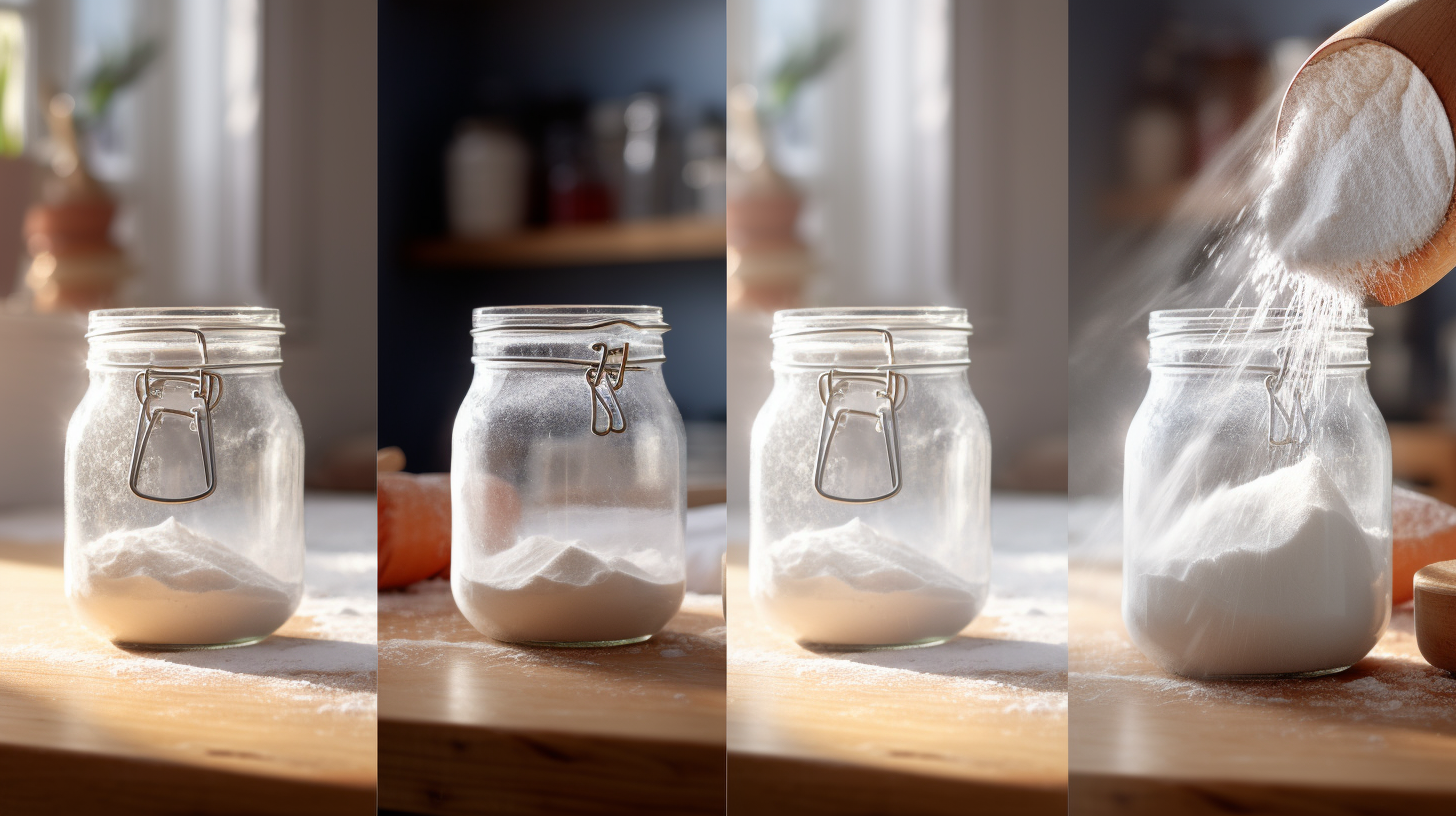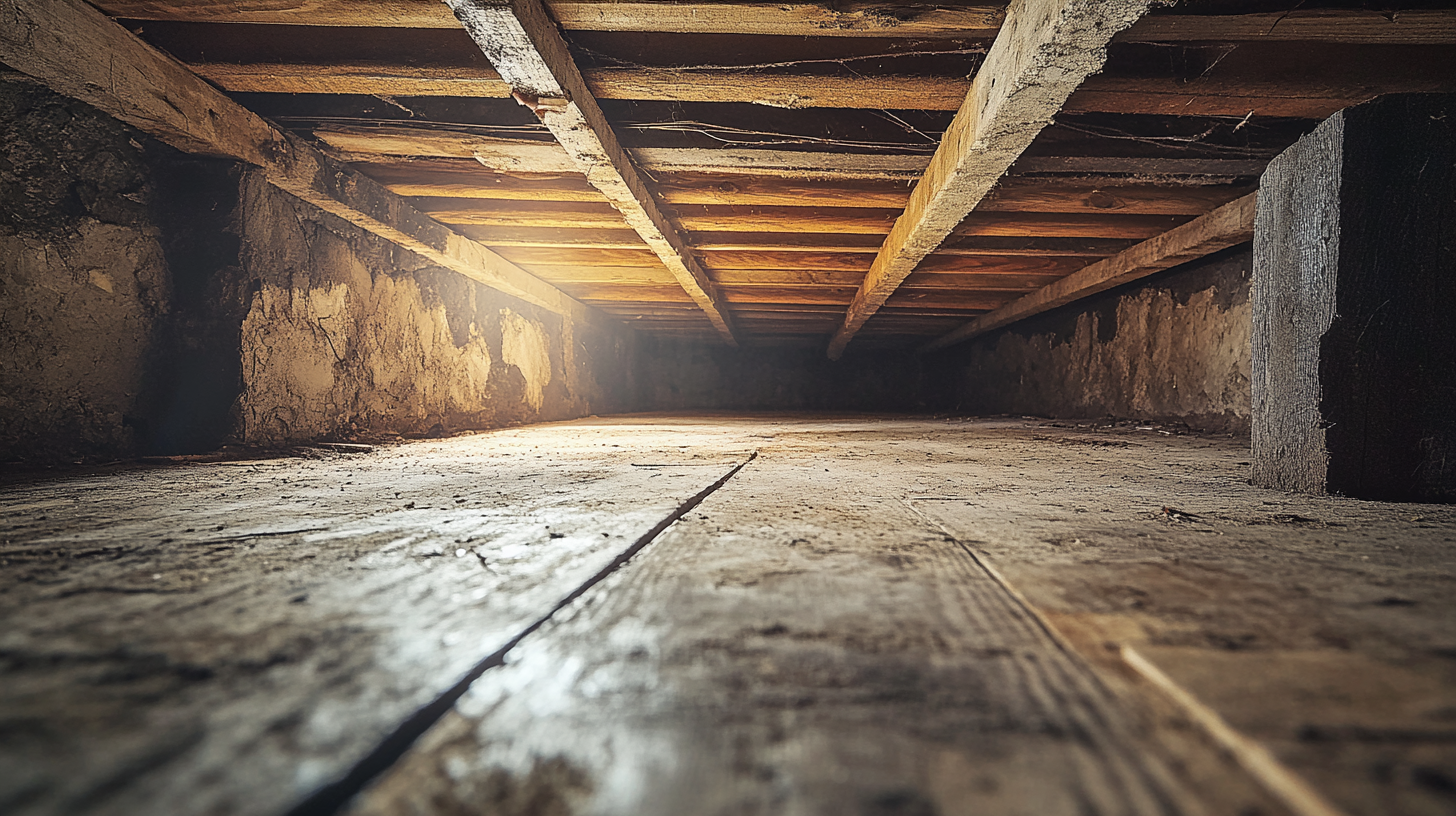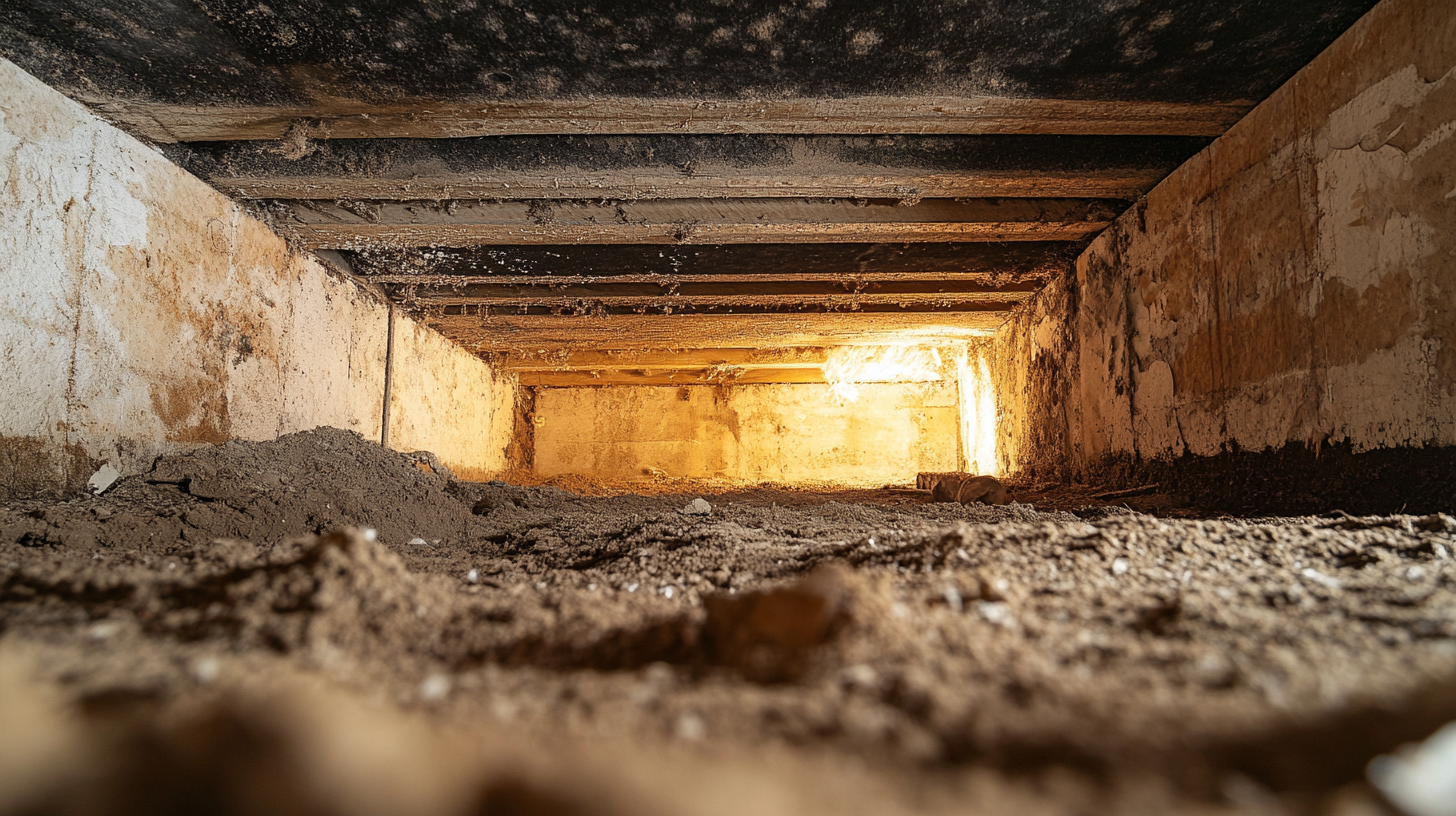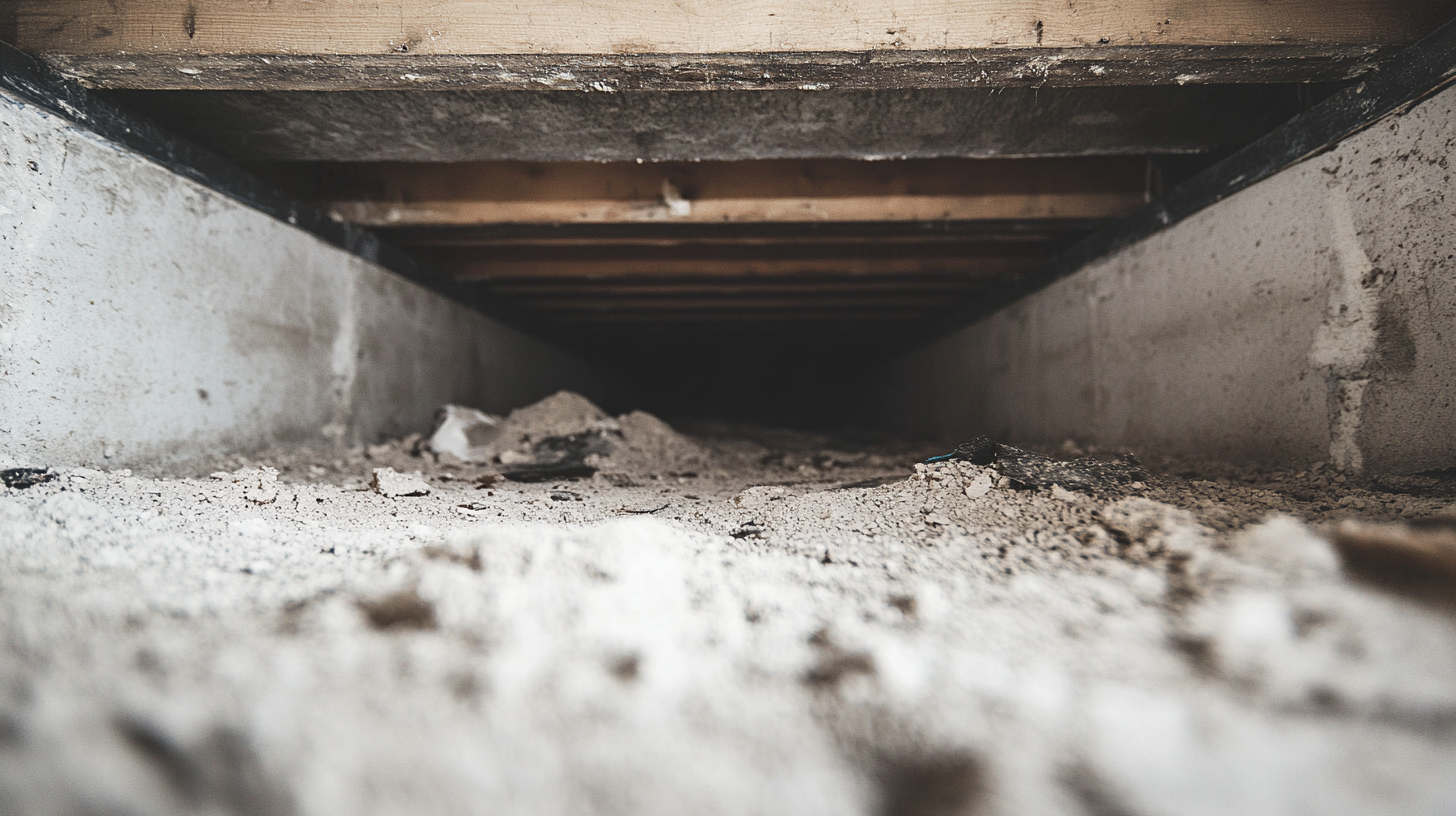Locally owned and operated.
Call Us Anytime: +1 843-304-6615
CLEANING & RESTORATION
24/7 Emergency Services:
Call us at 843-305-3383
Locally owned and operated.
Call Us Anytime: 843-305-3383
CLEANING & RESTORATION
24/7 Emergency Services:
Call us at 843-305-3383
How to Choose the Best Odor Neutralization Method for Allergies

Indoor odors caused by pet dander, mold, dust, and chemicals do more than create an unpleasant environment—they can also significantly impact your health. For individuals with allergies or respiratory conditions, these odors can act as triggers, leading to symptoms like sneezing, coughing, eye irritation, and even asthma flare-ups. Pet dander and dust particles often carry allergens that circulate through the air, while mold spores and chemical fumes can release irritants that worsen breathing difficulties.
In spaces with poor ventilation or high humidity, these allergens and irritants can accumulate, making it harder to maintain a healthy indoor air quality. Understanding how these odor-causing agents affect your health is crucial to preventing allergic reactions and ensuring your home remains a safe and comfortable environment.
This blog will explore how odors from common household sources can trigger or aggravate allergies, and how you can take steps to mitigate these risks.
Types of Odor Neutralization Methods
When it comes to managing indoor odors, it's essential to choose the right methods that not only neutralize smells but also promote healthy air quality. Below are several effective odor neutralization techniques, ranging from natural solutions to advanced filtration systems, that help maintain a fresh and allergy-friendly environment.
Natural Odor Neutralizers
Baking Soda
Baking soda is a safe, natural, and highly effective odor absorber that neutralizes smells without triggering allergies. It works by absorbing moisture and odors, making it a versatile solution for various household areas.
- Best For: Carpets, upholstery, and confined spaces like closets and refrigerators.
- How to Use: Sprinkle baking soda liberally on surfaces like carpets or upholstery. Let it sit for several hours (or overnight for stronger odors) to absorb the smells, then vacuum or wipe away.
Vinegar
Vinegar is another natural deodorizer that’s effective at breaking down bacteria and neutralizing odors without the use of harsh chemicals. Its acidic properties make it ideal for tackling strong smells such as mildew and pet odors.
- Best For: Kitchen odors, pet areas, and mildew smells.
- How to Use: Mix equal parts white vinegar and water in a spray bottle. Lightly mist the affected areas, allowing the vinegar to neutralize odors while breaking down bacteria. The smell of vinegar will dissipate as it dries.
Essential Oils
Certain essential oils, such as tea tree oil and eucalyptus, possess antimicrobial properties that help neutralize odors naturally. However, it’s important to note that some individuals may have sensitivities or allergies to essential oils, so they should be used cautiously.
- Best For: Room sprays or diffusers (test for allergies first).
- How to Use: Dilute a few drops of essential oil in water or a carrier oil and use in a spray bottle or diffuser to freshen up rooms. Use sparingly to avoid triggering sensitivities.
Air Purifiers with HEPA Filters
How HEPA Filters Help with Odor and Allergen Control
High-Efficiency Particulate Air (HEPA) filters are designed to trap tiny particles like dust, pollen, and pet dander, which can be associated with both odors and allergens. By filtering out these particles, HEPA filters improve air quality and reduce odors, making them an excellent choice for allergy sufferers.
- Best For: Allergy sufferers who need both odor and allergen control, especially in large rooms or throughout the home.
- How to Choose: Look for air purifiers that combine HEPA filters with activated carbon filters. HEPA filters capture allergens, while activated carbon filters neutralize odors, providing comprehensive air cleaning.
Activated Charcoal Filters
How Activated Charcoal Neutralizes Odors
Activated charcoal works by absorbing and trapping odor-causing particles in its porous structure. Unlike air fresheners, which only mask smells, activated charcoal filters eliminate odors without releasing any chemicals or fragrances into the air.
- Best For: Neutralizing household odors, especially in kitchens, bathrooms, basements, and other high-moisture areas.
- How to Use: Place activated charcoal bags or blocks in problem areas such as closets, under sinks, or near trash bins. Alternatively, use appliances with built-in charcoal filters for ongoing odor control.
Enzyme-Based Odor Neutralizers
How Enzymes Break Down Odor-Causing Substances
Enzyme-based odor neutralizers use natural enzymes to break down organic compounds, such as those found in pet urine, feces, or food spills. These products are ideal for allergy sufferers as they offer a chemical-free solution that’s safe to use around the home.
- Best For: Pet odors, urine, feces, and organic spills.
- How to Use: Spray the enzyme cleaner directly onto the affected area and allow it to sit for the recommended time. The enzymes will work to digest the odor-causing particles, leaving the area clean and odor-free.
Choosing the Right Odor Neutralizer for Specific Allergies
When dealing with allergies, it's important to choose odor neutralizers that not only eliminate smells but also reduce the allergens causing those odors. Whether you're sensitive to pet dander, mold, dust, or pollen, the right methods and products can help improve indoor air quality and reduce allergic reactions. Here’s how to select the best odor neutralizers for specific types of allergies.
Pet Allergies
Best Methods:
- HEPA Air Purifiers: Pet dander, fur, and other allergens from pets can circulate in the air and settle on surfaces. A HEPA air purifier helps trap these tiny particles, reducing airborne pet allergens and odors in your home.
- Baking Soda: Baking soda is an excellent natural odor absorber that helps neutralize pet-related smells. It’s ideal for use on pet beds, carpets, and upholstered furniture, where dander and odors tend to collect.
- Enzyme Cleaners: For pet urine or accidents, enzyme-based cleaners are the safest and most effective solution. These cleaners break down the organic compounds in urine and other pet messes without introducing harsh chemicals that can worsen allergies.
How to Apply:
- Vacuum Regularly: Use a vacuum with a HEPA filter to clean carpets and upholstery. This will help remove both pet dander and odors that contribute to allergic reactions.
- Use Enzyme Cleaners: Spray enzyme-based cleaners on pet beds, litter boxes, and areas where accidents occur. Allow the cleaner to sit for the recommended time to effectively break down the odor-causing compounds and reduce allergens.
Mold Allergies
Best Methods:
- Vinegar and Water Spray: Vinegar is a natural and safe solution for controlling mold-related odors. Its acidic properties help eliminate mold spores and prevent musty smells in humid areas.
- Dehumidifiers: Mold thrives in high-humidity environments, so reducing moisture is key to preventing its growth. Dehumidifiers remove excess moisture from the air, making it harder for mold to develop and release odors.
- HEPA Air Purifiers with Carbon Filters: HEPA filters trap mold spores, while activated carbon filters effectively neutralize mold odors. This combination is particularly useful for people with mold allergies who are sensitive to both the spores and their associated smells.
How to Apply:
- Vinegar Solution: Mix equal parts vinegar and water in a spray bottle and use it to clean mold-prone areas, such as bathrooms and basements. This will help neutralize mold odors and kill the spores causing them.
- Use Dehumidifiers: Place dehumidifiers in rooms with high humidity levels, like basements or bathrooms, to keep moisture in check and prevent the spread of mold.
- Air Purifiers: Run HEPA air purifiers with carbon filters in areas where mold tends to accumulate, such as basements, to trap spores and keep odors at bay.
Dust and Pollen Allergies
Best Methods:
- HEPA Air Purifiers: Dust and pollen can trigger allergic reactions, especially when they accumulate in the air. HEPA air purifiers are essential for trapping these small particles, improving air quality, and reducing odor buildup associated with dust and pollen.
- Baking Soda: Dust and pollen can settle into carpets and upholstery, contributing to odors. Baking soda works well as a natural deodorizer, neutralizing odors while also helping to freshen up soft surfaces.
How to Apply:
- Air Purifiers in Key Areas: Place HEPA air purifiers in high-traffic rooms like bedrooms, living areas, and home offices, where dust and pollen are most likely to accumulate. This will help keep the air clean and free from allergens.
- Use Baking Soda on Surfaces: Sprinkle baking soda on carpets, upholstery, and other soft surfaces to absorb dust-related odors. Let it sit for a few hours before vacuuming to remove both the baking soda and any trapped allergens, leaving the space fresh and allergen-free.
Avoiding Harmful Chemicals in Odor Neutralization
When it comes to neutralizing odors, many commercial air fresheners rely on harsh chemicals that can do more harm than good, especially for allergy sufferers. Understanding the potential dangers of these products and opting for natural alternatives can help you maintain a fresh-smelling home while safeguarding your health and indoor air quality.
The Dangers of Chemical Air Fresheners for Allergy Sufferers
Chemical Sensitivity
Many conventional air fresheners contain artificial fragrances, aerosols, and other chemicals that can trigger allergic reactions or worsen existing symptoms. These products often mask odors rather than eliminate them, and the chemicals used to create synthetic scents can irritate sensitive individuals. For allergy sufferers, exposure to these chemicals can lead to common symptoms such as sneezing, watery eyes, headaches, or respiratory irritation.
Common Symptoms: Sneezing, itchy or watery eyes, coughing, wheezing, or breathing difficulties can all be signs that chemical air fresheners are triggering an allergic reaction.
Why You Should Avoid Harsh Chemicals
One of the main concerns with chemical air fresheners is their release of volatile organic compounds (VOCs). VOCs are a group of chemicals that can easily evaporate into the air, contributing to poor indoor air quality. These compounds can cause immediate irritation to the eyes, nose, and throat, particularly for individuals with asthma, allergies, or respiratory conditions. Long-term exposure to VOCs can also contribute to more serious health issues and degrade overall air quality in your home.
VOCs and Indoor Air Quality: Many air fresheners, sprays, and scented candles release VOCs like formaldehyde, benzene, and toluene, which can accumulate in poorly ventilated spaces, leading to worsened air quality and an increased risk of respiratory problems.
Safe Alternatives to Chemical-Based Odor Neutralizers
Natural Odor Absorbers
Instead of relying on chemical air fresheners, natural odor absorbers such as baking soda, activated charcoal, and enzyme cleaners offer safer and more effective solutions for neutralizing odors without introducing harmful chemicals into your home. These natural alternatives work by absorbing or breaking down odor-causing molecules rather than masking them with artificial scents.
- Baking Soda: Known for its odor-absorbing properties, baking soda is ideal for neutralizing smells in confined spaces like refrigerators, closets, and carpets. Simply sprinkle it on surfaces or place it in small bowls in odor-prone areas.
- Activated Charcoal: This highly porous material traps odor particles, making it an effective long-term solution for controlling moisture and smells in areas such as basements, bathrooms, and near trash cans.
- Enzyme Cleaners: Enzyme-based cleaners are particularly useful for breaking down organic compounds found in pet odors or food spills, offering a safe and natural way to eliminate odors at the source without harmful chemicals.
Essential Oil Sprays (with Caution)
Essential oils offer a natural alternative to chemical air fresheners, providing pleasant scents while avoiding synthetic fragrances. However, it’s important to exercise caution, as some people with allergies may be sensitive to certain essential oils. For example, oils like tea tree or eucalyptus have strong antimicrobial properties but can cause irritation in sensitive individuals.
How to Use Essential Oils Safely: Dilute essential oils in water or a carrier oil and use sparingly. It’s always best to test for allergies first by using a small amount and monitoring any reactions. Additionally, opt for essential oils with calming properties, such as lavender or lemon, which are generally considered more gentle.
By choosing natural solutions like baking soda, activated charcoal, or enzyme-based cleaners, and carefully using essential oils, you can keep your home smelling fresh without relying on potentially harmful chemicals. This approach not only benefits allergy sufferers but also improves overall indoor air quality, promoting a healthier living environment.
Tips for Maintaining a Fresh, Allergen-Free Home
Maintaining a fresh-smelling, allergen-free home requires a combination of regular cleaning, odor prevention, and humidity control. By keeping allergens and moisture in check, you can reduce the risk of unpleasant odors and create a healthier indoor environment. Below are some practical tips to help you achieve this.
Regular Cleaning and Odor Prevention
Frequent Vacuuming
One of the most effective ways to keep your home free from allergens and odors is by vacuuming regularly. Dust, pet dander, and pollen can settle into carpets, rugs, and upholstery, contributing to both poor air quality and lingering smells. Using a vacuum equipped with a HEPA filter ensures that even the smallest particles are captured, preventing them from being recirculated into the air.
Tip: Aim to vacuum at least once or twice a week, especially in high-traffic areas and homes with pets. A HEPA filter is essential for trapping allergens that can trigger asthma or allergy symptoms while also helping to eliminate odors.
Clean Air Vents
Over time, dust, allergens, and other debris can accumulate in your HVAC system, particularly in the air vents, contributing to odors and reducing air quality. Keeping air vents clean is crucial to ensuring that your HVAC system circulates fresh air throughout your home. Dirty vents can trap odors, dust, and allergens, which may then be dispersed back into the air.
Tip: Schedule regular HVAC system maintenance, including air vent cleaning, to remove built-up dust and allergens. Additionally, replace air filters every 2-3 months to ensure optimal performance and cleaner air.
Open Windows for Ventilation
Good ventilation is essential for maintaining a fresh-smelling home and reducing allergens. Opening windows allows fresh air to circulate, flushing out trapped odors and preventing moisture buildup, which can lead to mold growth. Whenever possible, take advantage of natural ventilation to keep indoor air fresh and reduce the concentration of airborne allergens.
Tip: Open windows for at least 15-30 minutes a day to allow fresh air to replace stale, odor-laden air, particularly after cooking, cleaning, or during high-humidity periods.
Controlling Humidity to Reduce Allergens and Odors
Dehumidifiers
High humidity levels can encourage the growth of mold, mildew, and dust mites, which are common triggers for allergies and can produce musty odors. Keeping your home’s humidity levels within the ideal range of 30-50% helps prevent these allergens from thriving. Dehumidifiers are an effective tool for maintaining proper humidity, particularly in damp areas like basements, bathrooms, and kitchens.
Tip: Use a dehumidifier in rooms prone to excess moisture, such as bathrooms and basements, to prevent mold and mildew buildup. Regularly monitor indoor humidity levels using a hygrometer to ensure they stay within the recommended range.
Proper Ventilation in Bathrooms and Kitchens
Bathrooms and kitchens are two of the most moisture-prone areas in the home, making them hot spots for allergens and odors. Without proper ventilation, moisture from showers, cooking, or dishwashing can become trapped, leading to mold, mildew, and unpleasant smells. Installing and regularly using exhaust fans helps to expel moist air, reducing humidity levels and preventing the buildup of allergens.
Tip: Always run exhaust fans during and after showering or cooking to keep air circulating and to reduce moisture. In bathrooms, ensure that the exhaust fan is powerful enough to clear the humidity within 10-15 minutes after a shower.
When to Seek Professional Help for Odor and Allergy Control
While regular cleaning and natural odor-neutralizing methods can significantly reduce allergens and odors, there are times when persistent issues may require professional intervention. Knowing when to seek expert help can ensure that your home remains both fresh-smelling and safe for allergy sufferers.
Persistent Odors Despite DIY Solutions
Signs You Need Professional Services
If you've tried multiple DIY methods—such as vacuuming with HEPA filters, using natural odor absorbers like baking soda, or controlling humidity—and the odors still persist, it may be time to seek professional help. Lingering odors can be a sign of deeper issues, such as mold growth, pet dander accumulation, or dust trapped in hard-to-reach areas of your home. When these smells remain, even after you've applied allergy-friendly cleaning methods, a professional cleaning service may be needed to thoroughly eliminate the underlying causes.
When to Call: If odors from pets, mold, or dust continue to linger after repeated DIY attempts, or if you're dealing with severe allergy symptoms triggered by these allergens, professional services can help address the root of the problem.
Professional Odor and Allergen Removal Services
What Professionals Offer
Professional odor and allergen removal services go beyond basic cleaning to address the source of persistent smells and airborne allergens. These services typically include deep cleaning with non-toxic, allergy-safe products designed to break down odors and remove allergens without introducing harsh chemicals. Additionally, professionals often use advanced air-purifying technologies—such as HEPA filtration and activated carbon systems—to thoroughly clean and purify the air in your home, ensuring long-term relief from odors and allergens.
Benefits: Professionals can access deep-seated odors trapped in carpets, upholstery, and air ducts that DIY methods may not reach. They use specialized equipment and allergy-safe cleaning agents that target both odors and allergens at the source, providing more effective, lasting results.
When to Consider Professional Services
You should consider professional odor and allergen removal services if you are experiencing severe allergies due to pet dander, mold spores, or dust mites. Homes with heavy pet traffic, extensive mold issues, or chronic dust problems may require specialized odor and allergen control methods that professionals are equipped to handle. These services are especially beneficial for those with asthma or other respiratory conditions, as they can significantly reduce allergen levels and improve indoor air quality.
When It's Necessary: If your home is prone to mold growth, or if you're struggling with severe pet or dust allergies that aren’t being managed by regular cleaning efforts, professional cleaning and air purification services can provide the comprehensive solution needed to restore a healthy environment.
FAQs
-
What neutralizer is best for pet allergies?
HEPA air purifiers, baking soda, and enzyme cleaners are best for pet allergies. HEPA filters trap pet dander, while baking soda and enzyme cleaners neutralize pet odors safely.
-
Can essential oils help with odor?
Yes, but use them cautiously. Essential oils like lavender and tea tree can neutralize odors naturally, but they may trigger sensitivities in some allergy sufferers.
-
How do HEPA filters help with allergens?
HEPA filters trap small particles like dust, pollen, and pet dander, improving air quality and reducing allergens that cause odors and allergic reactions.
-
Are natural products better for allergies?
Yes, natural products like baking soda, activated charcoal, and enzyme cleaners are safer for allergy sufferers as they neutralize odors without releasing harmful chemicals.
-
What method works best for mold odors?
A combination of vinegar spray, HEPA air purifiers with carbon filters, and dehumidifiers works best for neutralizing mold odors while preventing mold growth.
Contact Fast Response Cleaning & Restoration Today!
Fast Response Cleaning & Restoration will do everything we can to ensure your experience with us is excellent.
Request A FREE Estimate
Request A FREE Estimate Form
We will get back to you as soon as possible.
Please try again later.
CHECKOUT RECENT POST



Have an Emergency? We're Here to Help!
When it comes to disaster cleanup, we are a seasoned veteran in the industry and have helped hundreds of property owners just like you.
Our disaster recovery teams are available 24-7 to quickly clean up and repair disasters of all types.

We're looking forward to providing you with our outstanding services!
COMPANY INFO
ADDRESS: 307 Cold Creek Pass, Bluffton, SC, 29910, United States
EMAIL: office@fastresponsecr.com
PHONE: 843-305-3383
OFFICE: 843-304-6615
HOURS
SUNDAY: Open 24 Hours
MONDAY: Open 24 Hours
TUESDAY: Open 24 Hours
WEDNESDAY: Open 24 Hours
THURSDAY: Open 24 Hours
FRIDAY: Open 24 Hours
SATURDAY: Open 24 Hours
Copyright © 2021 Fast Response Cleaning & Restoration
Fast Response Cleaning and Restoration FL | Sitemap | Privacy Policy